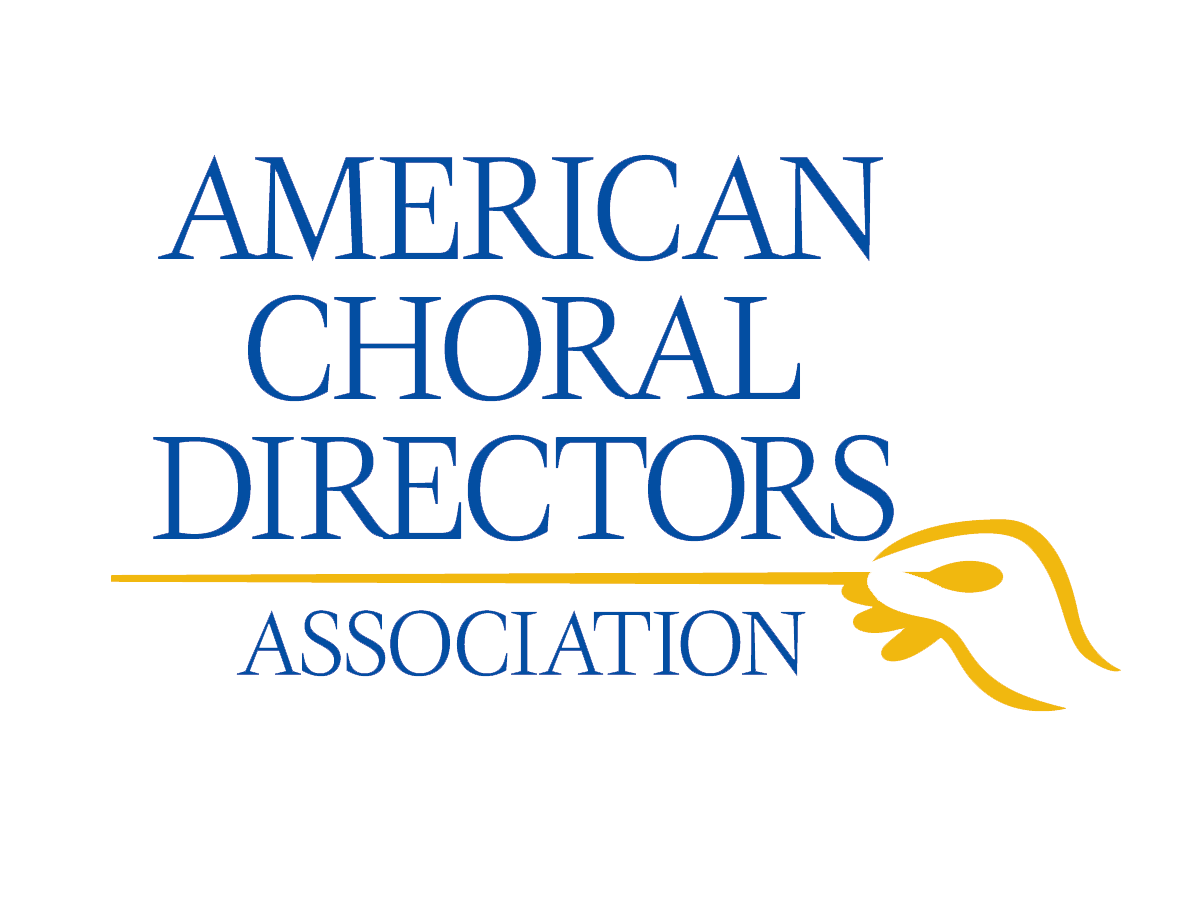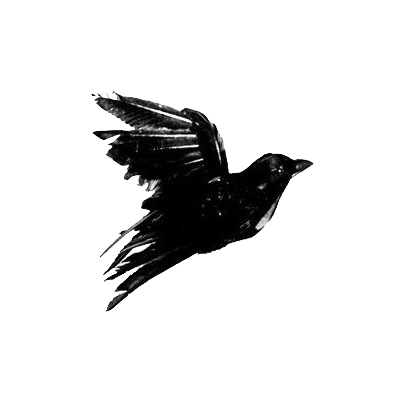
The 2020 Genesis Prize drew 65 applications of astounding breadth and depth. Our distinguished judges (who brought diverse perspectives of composition, conducting, and poetry, as well as gender and race) chose two winners, but also four ranked runners-up and seven other finalists. The ACDA Composition Initiatives Committee and the judges heartily recommend all of these composer-poet pairs and their proposed works as worthy of funding. We encourage any choir, patron, or entity interested in commissioning new music for choirs to peruse the proposals of the runners-up and other finalists and to contact one or more of them (via the provided contact information) for further details. We are funding two of these proposals, but our goal is to see all of them funded and brought to life, further fulfilling the stated mission of the Genesis Prize.
Winners
The two winning partnerships each receive $2,500 commission for composer and $500 for poet.
- Carlos Cordero, composer, and Julie Flanders, poet, for their proposed piece Holding Our Breath.
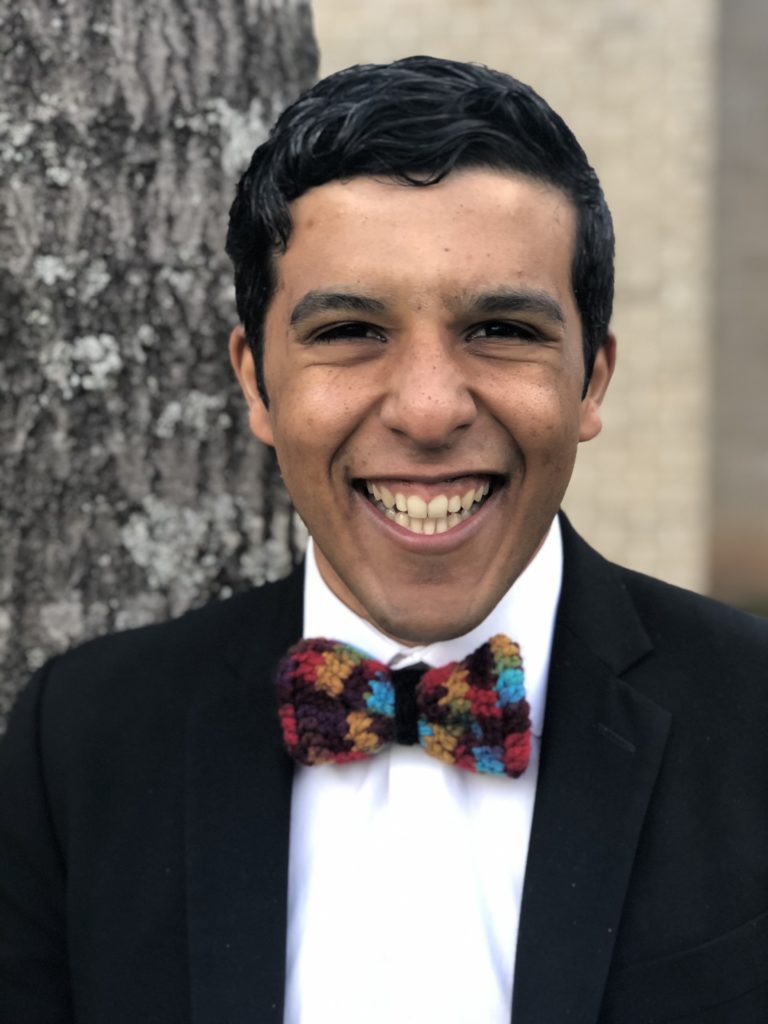
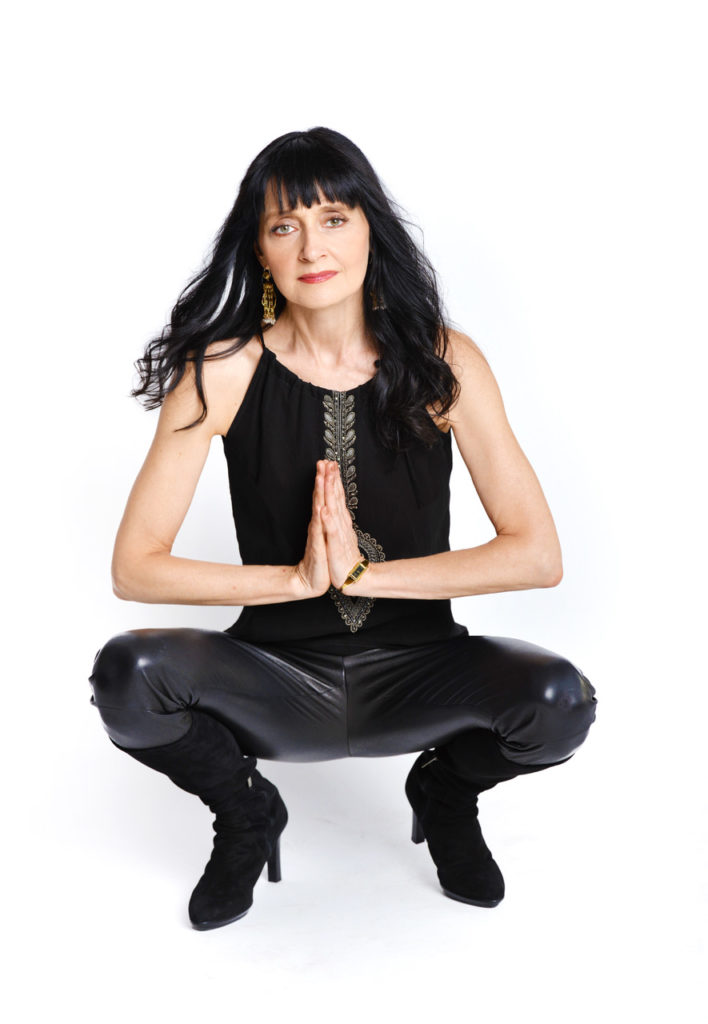
Premiered Mar. 17, 2021, in an online performance by Conspirare (Craig Hella Johnson, conducting).
Breathing keeps us alive. It allows us to communicate. But when we are threatened—or in crisis—we hold our breath. During this pandemic, breathing has been deemed dangerous—the principal mechanism of how COVID-19 spreads. It is also the time when “I can’t breathe” became a man’s powerful last words, moving a nation to erupt into grief and protest. To interrupt the breath is to end a life. Breathing freely is a human right.
Holding Our Breath, for a cappella SATB choir (later available in other voicings) will explore the worldwide need and fear to breathe together right now, using the lens of breath itself to address the virus, uncertainty, and racism we face.
This piece will allow different levels of choirs to experience a deep understanding of the concept of breathing. To go far beyond how the breath is used to produce sound. It will explore how breathing connects us all (singers, composers, conductors, audience members). This piece will be a place to focus on the vulnerability of breathing: individually and in a group, and to create space for the realization that we are inextricably connected. When we breathe together, we create music that can heal.
- Kyle Pederson, composer, and Brian Newhouse, poet, for their proposed piece Call Across.
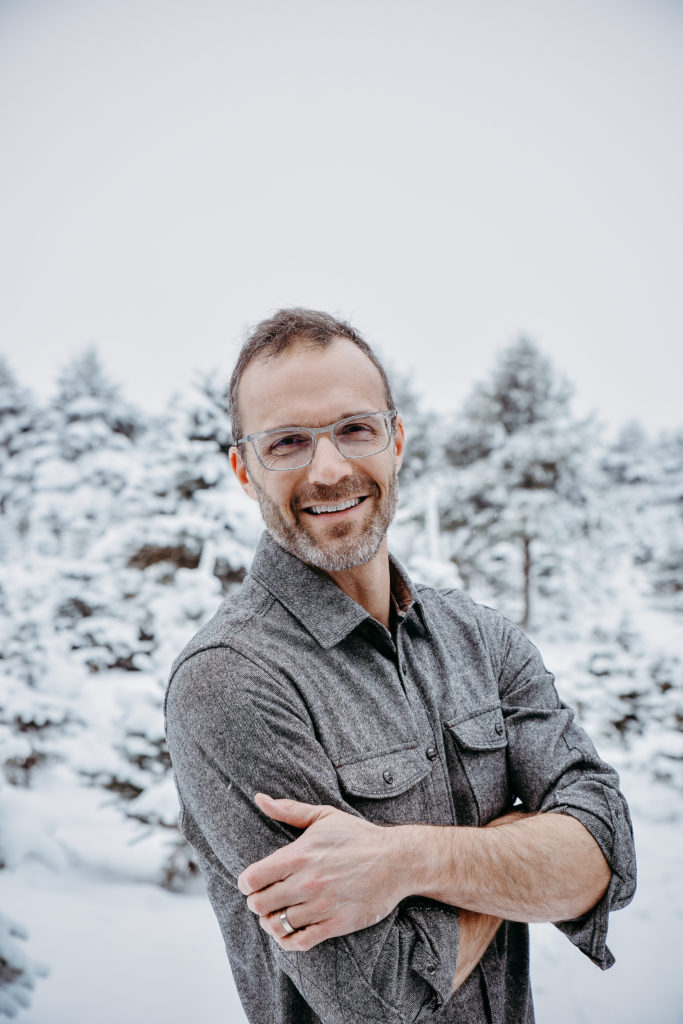
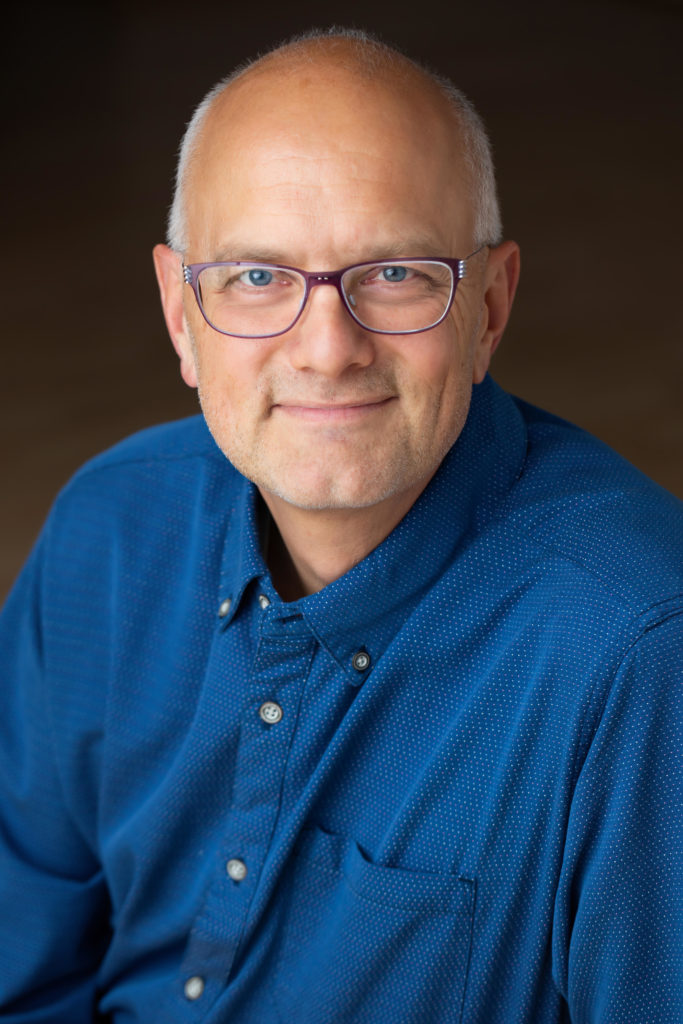
Premiered Mar. 17, 2021, in an online performance by Conspirare (Craig Hella Johnson, conducting).
Across cultures, ages, languages, and geography, the human animal is made for connection. This fact of our humanity has been painfully clarified as COVID-19 shut down huge swaths of human activity, and silenced choral singers everywhere whose very art is made only in community. Racial tensions and political polarization have further isolated neighbor from neighbor. But ultimately, all of us will instinctively reach out to break our isolation. We have to. Call Across—for SATB choir with piano, djembe, and optional hang drum—will give voice to this elemental human need for connection and leave the audience with an empowering question of unity. The piece will present three “characters” from around the world, each seeking to break out of their particular isolation, each ending their call across physical space, history, or silence with the same declaration of the simple power of presence: “There is no beauty without your voice.” All choral and instrumental forces join in a layered climax and proclaim a powerful message of hope and promise.
I call across canyons
I call across plains
I call across colors
I call across time.
What beauty might we make
if our voices join?

We encourage any choir, patron, or entity interested in commissioning new choral music to peruse the following proposals and contact one or more of them (by clicking on their name) for further details.
Runners-up
The ranked runners-up (composer & poet, proposed piece title) are as follows:
3. Saunder Choi and Brian Sonia-Wallace (title TBD)
The text will be prompted by Brian Sonia-Wallace’s experience teaching poetry to students over Zoom through quarantine, including interviews and stories of students who are moving on to high school or another grade level in the midst of global disruption.
The music will follow composer Saunder Choi’s style of addressing contemporary social justice discourse through inward reflection on specific experiences of marginalization. This piece will expand middle-school SAB repertoire with more serious themes.
The piece will follow Rilke’s Les Fenêtres, centering around the metaphor of a window and what it means to see each other in a new context. The metaphor of the window works at three levels: children at the window to adulthood, people seeing each other through physical windows, and school taking place through Zoom (virtual) windows. Windows show us—no matter how fleeting our glimpses into one another’s lives—that we are not alone.
4. Joshua Shank and Robert Ressler, To See the Dawn Draw Near
Our new work would be about the healing power of asking forgiveness; to acknowledge yourself as having, often unwittingly, participated in the process of stripping others of their dignity because we believed those that told us—however convincingly and with smiles on their faces—that the struggle of marginalized people was somehow different from our own. We abandoned them without even knowing it and, just as they have been forged in this crucible of oppression, let us also be transformed by our acknowledgement of it. Phrases we might incorporate into the text are ones like “we rise together,” “I can see now,” and perhaps something akin to “I finally understand.” To reference a verse from the Book of Hebrews, the work will be about how we should not “neglect to meet together, as is the habit of some, but [encourage] one another, and all the more…as [we desire to] see the dawn draw near.”
5. Laurel Luke Christensen and Michelle Gomez, Sanctuary
Sanctuary—for SATB chorus, children’s voices, and piano—is an appeal for compassionate response to the refugee crisis at the United States southern border. Laurel and Michelle, both mothers, share feelings of horror at U. S. immigration policies that stand in stark contrast to the time-honored image of America as a beacon of hope. In the wake of these policies, at least 4,000 families have been forcibly separated. Denied the protection and comfort of their parents, the children endure illness, hunger, neglect, and sexual assault. Babies have been detained indefinitely, traumatized, and lost. We believe the preciousness of a child and a dream for better life to be universal truths that can unite people across physical and philosophical borders. Through our work, we hope to ignite empathy among people regardless of birthplace. As shared hardships exacerbate the global refugee crisis, we harness pathos to encourage support for humane immigration policies moving forward.
6. William Averitt and Robert Bode, Summer Dances
For SATB chorus and piano 4-hands. Text by Robert Bode, Music by William Averitt.
Dancing Alone: Tango We Breathe: Bolero Freedom: Mambo
These three short dances bear witness to the issues we have faced this summer: the pandemic, social isolation, and demands for social justice. We look forward to life returning to normal. We long to share, to create, to celebrate all that it means to be alive in this challenging and beautiful world. We also look forward to a time when all of us can share more fully in the promises of racial equality, justice, and peace. The joyful final song imagines a COVID-free world—a world of renewed freedom, equality, and hope.
Finalists (alpabetically)
David Avshalomov and Meredith Kennedy, How Long? Enough!
For SATB choir with piano/percussion; lively sectional call/response, gentle middle, righteous ending. Text:
How long? How long?
We know how long it takes one man to die: Eight and half minutes
Time alone and time to cry for help
Time enough to despair and to die
But how long, how many lifetimes to make a change?
How long do we all need to see it, how long, before we say–enough?
It’s time to kneel–but this time kneel to pray. It’s time to say:
We know how long it takes . . . for a man to die, for a life to end
Find out how long we need. . . to take a stand, to make a friend
Decide how long it takes . . . for us all to say Enough!
We have had
Enough of hate
of anger
of death
We choose to live, to love, we choose another way, to live another day
We say enough!
Philip Biedenbender and Laurie F. Gauger, Dream Another Dream – FUNDED
Dream Another Dream, a four-minute secular work for SATB chorus, has been fully funded by Charlotte Master Chorale in honor of their 70th anniversary in the 2021-22 season.
Katerina Gimon and Lauren Peat, Gravity – FUNDED
Gravity for SSA+SATB double choir and piano. Commissioned by Elise Naccarato for the singers of Myriad Ensemble and Chorus Niagara with the support of the Canada Council for the Arts. To be premiered spring 2021.
Matthew Lyon Hazzard and Jonathan Talberg, Timeless
Our proposed work is about this “melting of time” in isolation, and learning to find solace in the unexpected moments of togetherness. Our goal is to acknowledge the ennui and uncertainty of quarantine, while bringing out the comfort that emerges from being isolated with one another. The potential instrumentation and voicing is flexible. Our original vision for the work is to write for SATB choir with piano, guitar, and violin, but may be adjusted to fit the needs of the ensemble.
During the pandemic, life has become deeply intimate and significantly slower. The experience of “COVID-time,” for many, is the melting and smearing of day into day. Though it can be difficult, there have been cherished, quiet moments with our partners, friends, and loved ones that seemed impossible before quarantine.
John Muehleisen and Tyler Griffin Dodge, Rooms
Our project, Rooms, is an intimate glimpse into the life of Eazy—the poet’s brother—who has premonitions of his own death as he glimpses the deaths of other Black men and women that occur in the future, including Tamir Rice, George Floyd, and Breonna Taylor. Rooms will capture Eazy’s unique experience by blending classical, trap, and hip-hop music (SATB choir and instruments TBD). It will invite listeners into the innermost places of the characters’ dwellings: their bedrooms, where we discover the essential humanity of these men and women, which transcends the abstraction of their lives as simple hashtags. Rooms will end with transcendent juxtapositions characteristic of negro spirituals, a confluence of sorrow and joy, first in Eazy’s voice, then in the voice of his sister: the poet Tyler Griffin Dodge. We hope to eventually expand Rooms into a longer work that explores these issues at a deeper level.
Stacey Philipps and E.M. Lewis, Breathing in This Moment – FUNDED
Funded by a consortium of choirs directed by these ACDA members:
West Linn High School Symphonic Choir, Aubrey Patterson, director
Wilsonville High School Choir, Annie Kubitschek, director
Jesuit High School Chamber Choir, Kristen Caldwell, director
Rex Putnam High School Choir, Erika Lockwood, director
Lake Oswego High School Choir, Tara Bramford, director
Joan Szymko and Kim Stafford, Be the Seed
We live in a time when the human project falters, when pandemic, protest, climate chaos, wrong justice, and epidemics of violence strain our covenant with one another and the earth. Choral song that speaks hard talk, but gifts some sturdy consolation, will feed our need. Be the Seed will be a call for courage, compassion, and action. For mixed voices and hand percussion; moderate difficulty, suitable for advanced youth chorus through to college and adult community chorus level. “Be It Therefore Resolved,” an earlier Szymko/Stafford setting for mixed chorus is available for perusal here: https://joanszymko.com/works/ind/be-it-therefore-resolved


